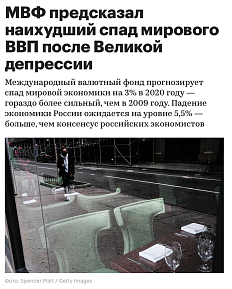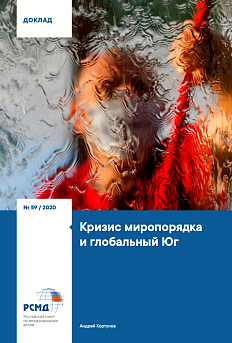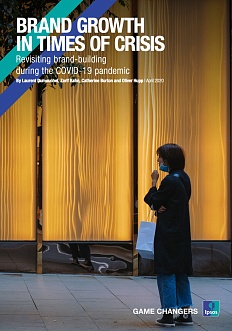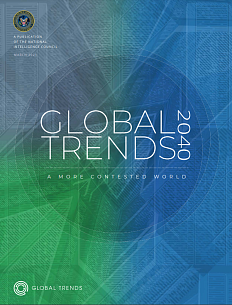The International Monetary Fund portal presents an article examining the reflections of six analysts on how the pandemic has changed the world.
According to Daniel Susskind, the researcher in economics at Balliol College, Oxford University, the virus, which remains unknown, led to the global medical emergency. To contain its spread, a political response was needed in form of an artificially provoked economic catastrophe. Marked differences in COVID-19 incidence rates and treatment outcomes appear to reflect the existing problem of economic inequality. Thus, the current crisis serves as a revelation in a more literal sense: through it, the collective attention of society is now focused on a large number of injustices and flaws associated with our coexistence in this world. Under the influence of the pandemic, a lot of trends in the global economy that have already emerged earlier continue to increase. The future of employment has arrived very soon, bringing and possibly multiplying several challenges such as income polarization, employees vulnerability, an increase in short-term contracts and the need to adapt employees to changing activities. At the same time, the need to take collective measures for economic development that ensure global economic growth, advancement and protection for all remains crucial.
With the end of the first wave of COVID-19, the world should become the most inclusive, stable and resilient. International Trade Union Confederation General Secretary Sharan Burrow sees international support as a matter of collective survival and investment in the future of the health care system, the global economy and multilateralism. Public investment in care services, education and low-carbon infrastructure can provide incentives to reduce inequality. The debt problem must be addressed through a debt relief process aimed at achieving the United Nations sustainable development goals and maintaining sustainable economic growth in each country. The COVID-19 pandemic, which has brought about lasting change and taught the world some important lessons, will have lasting consequences for the global economy. Virus screening is likely to become a part of life, just as heightened security measures have become pervasive due to the terrorist attacks of September 11, 2001. Sergio Rebelo, professor of International Finance at the Kellogg School of Management, Northwestern University believes that by maintaining labor relations between companies and workers, the economy will be better prepared for a rapid recovery. Now, when many firms have successfully tested this model, work in the remote mode may become a norm. According to Sergio Rebelo, the pandemic crisis has accelerated the transition to digital technologies, which is manifested in the further spread of e-commerce and enforcement of telemedicine implementing, video conferencing, distance teaching and financial technologies. Firms, that are used to relying on international supply chains faced shortages and other challenges.
The COVID-19 pandemic continues to test limits of global cooperation. Jean Saldanha, Director of the European Network on Debt and Development, suggests that support for developing countries remains very low. According to research, developing countries have been hit by the global recession early on, including through record cash outflows and worsening financial conditions. Jean Saldanha also believes that it is necessary to refrain from the dogmas of austerity. The new multilateral system, in which the reform of the Bretton Woods institutions will play the key role, is needed now, and it must be based on an approach to development that focuses on human rights, gender equality and climate change. The material and technical problems found during the current crisis already indicate a gradual shift away from global supply chains, which ensure delivery on time. Ian Bremmer, President and Founder of the Eurasia Group, believes that while China has successfully established itself as an economic and technological superstate, no one expected the country to become a «soft» superpower. Of course, China’s performance does not mean that the situation in the country is better than outside its borders.
The full text of the article is available here.
The full issue of the IMF Finance and Development Journal is available here.
See other materials posted in special sections of the Roscongress Information and Analytical System, COVID-19 ,StayHomeEconomy, IT industry and Healthcare, devoted to possible ways to stabilize the economy in the pandemic, including supporting healthcare and developing modern technologies.






